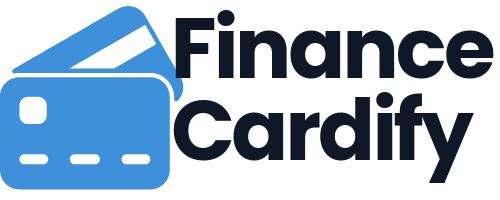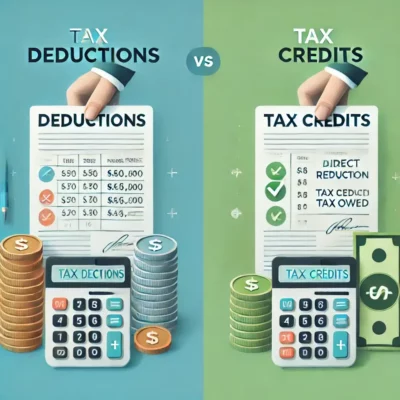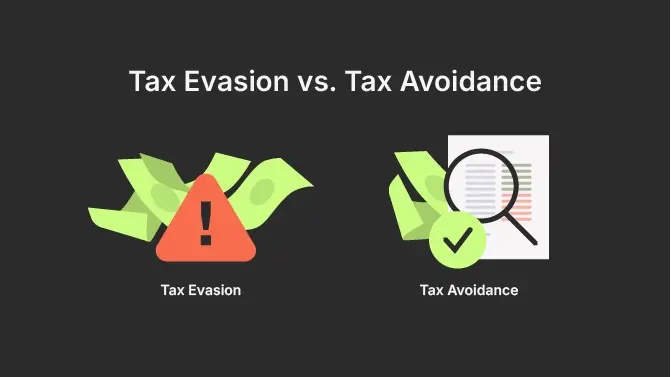
Offshore Tax Planning: Risks and Rewards
Offshore tax planning, a strategy employed by individuals and corporations to legally reduce their tax burden by leveraging foreign jurisdictions, is a complex and often misunderstood topic. While it can offer significant financial advantages, it is also fraught with potential risks, from legal scrutiny to reputational damage. This article delves into the intricate world of offshore tax planning, exploring both its potential rewards and the inherent dangers. Understanding the Landscape of Offshore Tax Planning At its core, offshore tax planning involves moving assets, income, or business operations to a country with a more favorable tax regime. This can include jurisdictions with lower corporate or personal income tax rates, no capital gains taxes, or favorable inheritance tax laws. These jurisdictions, often referred to as “tax havens,” attract foreign investment by offering confidentiality, stability, and a streamlined regulatory environment. There’s a crucial distinction to be made between legal tax avoidance and illegal










